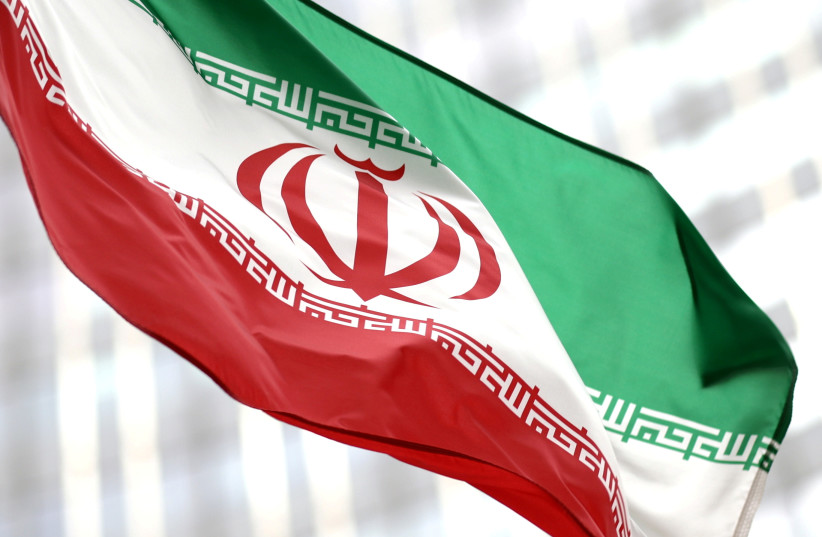One statement that particularly caught my attention amid the numerous remarks from both Israeli and Iranian authorities came from Mohammad Eslami, the head of Iran’s Atomic Energy Organization. He asserted that Israel is well aware that its threat to target Iranian nuclear facilities lacks substance and exceeds its capabilities. He emphasized that any such attack would provoke a devastating retaliation. Furthermore, he stated, “Our nuclear program cannot be eradicated through military assaults or sanctions,” and he insisted that “military strikes on our nuclear facilities would prove futile and lead to a resolute and destructive response.”
This declaration raises several questions, primarily regarding the credibility of this Iranian official, who holds a civilian position and is generally considered to lack the authority to gauge the effectiveness of a potential Israeli military strike on Iran’s nuclear program. He even suggested that Israel would be unable to execute its threat due to a lack of the necessary operational capabilities.
Is Israel able to back up its threats against Iran's nuclear program?
For those familiar with Iranian politics, it is evident that a well-rehearsed role-playing dynamic exists among the regime’s leaders and officials. Messages are not conveyed through the conventional channels and protocols typical of traditional political systems.
Given the unique characteristics of the Iranian political system, encompassing both its ideology and institutional hierarchy, specific messages are assigned to the leaders of the Revolutionary Guard. They consistently play the role of articulating the regime’s stances in regional and international relations, particularly towards those they perceive as enemies and adversaries.
In Iranian political discourse, most officials typically adhere to conventional protocol procedures. However, exceptions exist, particularly in certain issues and dossiers where it is agreed that they will be conveyed through uncompromising positions and statements.

The recent statements made by the head of Iran’s Atomic Energy Organization regarding Israel’s inability to launch a military strike against Iranian nuclear facilities reveal several facets. Notably, a significant portion of Iranian political and media discourse revolves around exaggeration and boasting about Iran’s capacity to counter its “enemies.” Simultaneously, the capabilities of other entities to harm or target Iran are consistently downplayed and called into question.
This type of rhetoric follows propagandistic principles rooted in psychological warfare tactics. Consequently, relying on it to form an objective opinion on the matter proves challenging.
The remarks from the head of Iran’s Atomic Energy Organization also imply that he does not entirely dismiss the prospect of an Israeli military strike on Iranian nuclear facilities, despite his initial attempts to raise doubts about such a scenario. He firmly asserted that any such attack would trigger a devastating response. This suggests that Iran is not completely discounting this possibility and is employing the threat of a destructive retaliation as a preemptive measure against any Israeli contemplation of such an action. Furthermore, it casts uncertainty on the feasibility of eradicating Iran’s nuclear program through a military strike.
This last point carries weight among strategists because it touches on the core expertise of the Iranian official, implying that an assault on one or more Iranian nuclear facilities might not necessarily lead to the elimination of the nuclear program.
The heart of the program is not in the physical facilities, structures, uranium enrichment plants, or even stockpiles. Instead, it resides within the amassed knowledge and technology held by Iranian scientists within the Atomic Energy Organization, led by Islami. Consequently, he leverages his position and role to convey a message that includes a “fact” he knows the Israeli side will study closely.
Pre-attack assessments suggest that the potential repercussions of failure would be significant. Specifically, it could lead to the Iranian nuclear program spiraling out of control, making it exceedingly difficult for the West to rein it in subsequently. Additionally, such an outcome could furnish Iran with a pretext for responding through various established means, such as proxy conflicts and the initiation of multiple conflict zones aimed at undermining Israel’s security and stability.
Certainly, these are all considerations that Israel is certainly deliberating upon while assessing the potential for an attack or formulating a precise strategic evaluation in this regard.
The fundamental question that arises here is whether Israel possesses the capability to effectively deter Iranian nuclear threats. Undoubtedly, what concerns Iran most is the possibility that Israel’s course of action concerning Tehran may be independent of US decision-making. Tehran heavily relies on the United States to keep Israel in check.
As a result, Iran’s heightened rhetoric and efforts to counter Israel’s consistent hints at a possible strike seem to align with or come in the wake of, any development, no matter how minor, in the Tehran-Washington relationship.
Iranians are keenly aware that President Joe Biden’s administration is under pressure to make progress on the Iranian nuclear issue. This progress would serve as a pivotal achievement in the foreign policy portfolio of the Democratic president, especially considering the challenging prospects he faces in securing a second term through re-election.
Above all, Iran acknowledges the intricate nature of the military strike option against its nuclear facilities. It also recognizes that for Israel to act on its threats, it would require American approval. Consequently, Iranian political discourse tends to navigate a middle path. It refrains from outright rejecting the possibility but instead seeks to cast doubt on its effectiveness, particularly in the context of a right-wing Israeli government.
In summary, these indicators point toward Israel possessing the capability to deter Iranian nuclear threats. The Iranian statements might indeed serve as a tactic of psychological warfare. Nonetheless, they fundamentally stem from Tehran’s response to Israeli positions and statements regarding Iran’s nuclear program.
The writer is a UAE political analyst and former Federal National Council candidate.
